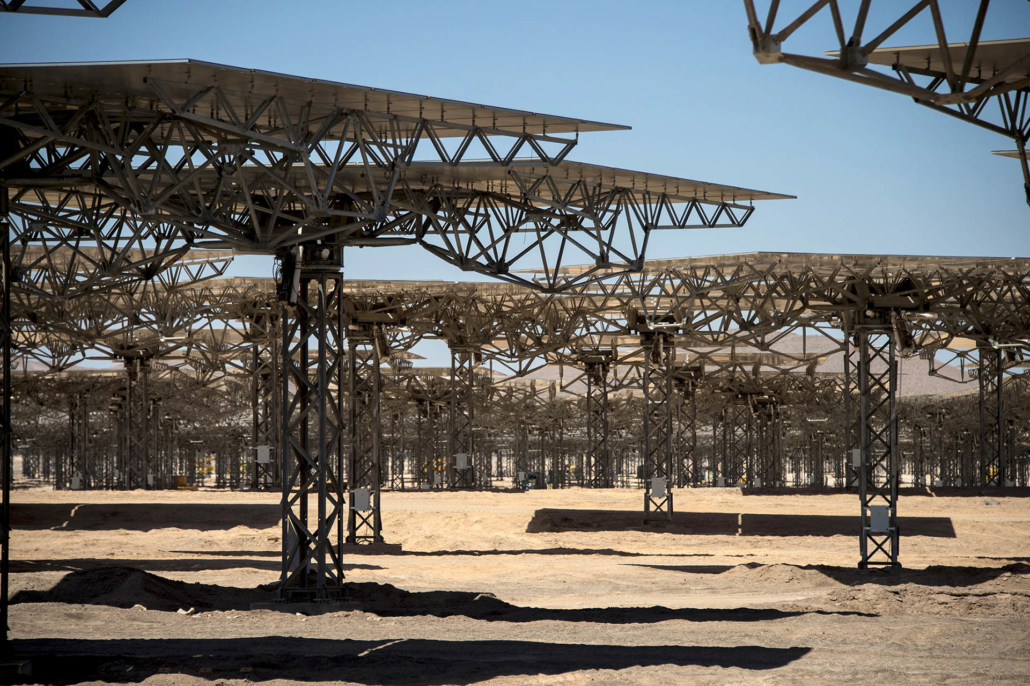This post is also available in:
 French
French
Emergency
Seen from the sky, these are small turquoise or emerald lakes glistening in the north of Chile. But upon closer inspection, it transpires that their glow is actually caused by toxic copper waste, a residue from mines that flows into the water. Further away, in the Tarapacá region, the Humberstone saltpetre works lie abandoned, the ghostly remains of the former potassium nitrate processing sector. In 2019, Chile, which has been plagued by a ten-year-long drought, was due to hold the COP 25 climate change conference, but the social crisis and protest movements occurring in the country forced a change of plan. The country now knows that continuing to consume its resources so intensively will result in its own demise. Martin Bernetti is head of the AFP photo department in Santiago. He is drawing up an environmental inventory of a country that is now aware of its natural heritage and committed to becoming the new Eldorado of green energy.
A joint fight for the planet – For 2020, the La Gacilly Photo Festival and the AFP have come together to spotlight the work of three AFP photographers working in Latin America on a theme that is close to our hearts: the bond between Humans and Earth.
The revolt of the Indigenous Amazon populations
In Jair Bolsonaro’s Brazil, the indigenous populations are struggling to make their voices heard to defend their land in the Amazon. This is a mammoth task in a country where native tribes only account for 0.5% of the population (approximately 900,000 inhabitants) and are poorly represented in the circles of power in Brasilia. In an attempt to turn this situation around, nearly 300 native leaders met in January 2020 in the State of Mato Grosso in the heart of the forest: as the world becomes increasingly concerned about ‘the lungs of the planet’, which are plagued by devastating fires, they now know that their survival is on borrowed time. For many months, Carl de Souza, who is based in Rio de Janeiro, followed the revolt of these communities that refuse to give up and die.
A joint fight for the planet – For 2020, the La Gacilly Photo Festival and the AFP have come together to spotlight the work of three AFP photographers working in Latin America on a theme that is close to our hearts: the bond between Humans and Earth.
Dark Horizons
Based in Mexico, Pedro Pardo was awarded a World Press Photo prize in 2019 for his shot of a group of Latin American migrants climbing the wall between Mexico and the United States. He continues to document a wounded country that sinks deeper and deeper into violence, every day. His photographs make the front pages and reveal an implacable, heart-rending reality that raises real questions about the world we are fashioning. Children are taking up arms to protect their land, villagers are creating their own self-defence militia against drug cartels, and contingents of destitute people are braving the exodus to seek a brighter future in North America. “I’ve always believed that journalism can transform the community,” states Pardo. This goes some way to explaining what drives him to continue with his work.
A joint fight for the planet – For 2020, the La Gacilly Photo Festival and the AFP have come together to spotlight the work of three AFP photographers working in Latin America on a theme that is close to our hearts: the bond between Humans and Earth.
From 01/07/2020 to 31/10/2020
FESTIVAL PHOTO LA GACILLY
Place de la Ferronnerie
56200 LA GACILLY
France
Opening hours : Every day from 10 a.m. to 6 p.m.
Phone : +33(0)1 42 33 93 18
lagacilly@2e-bureau.com
www.festivalphoto-lagacilly.com



